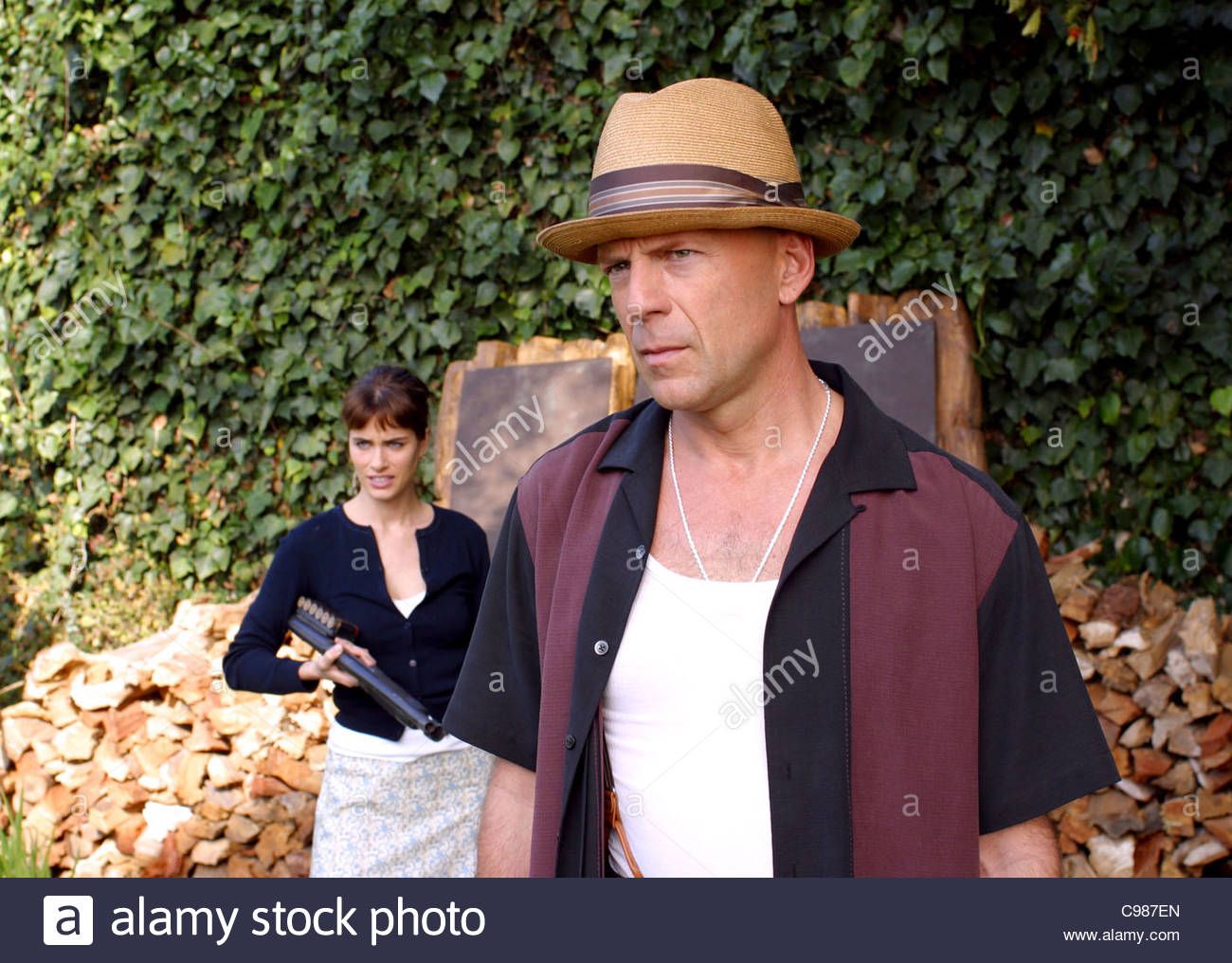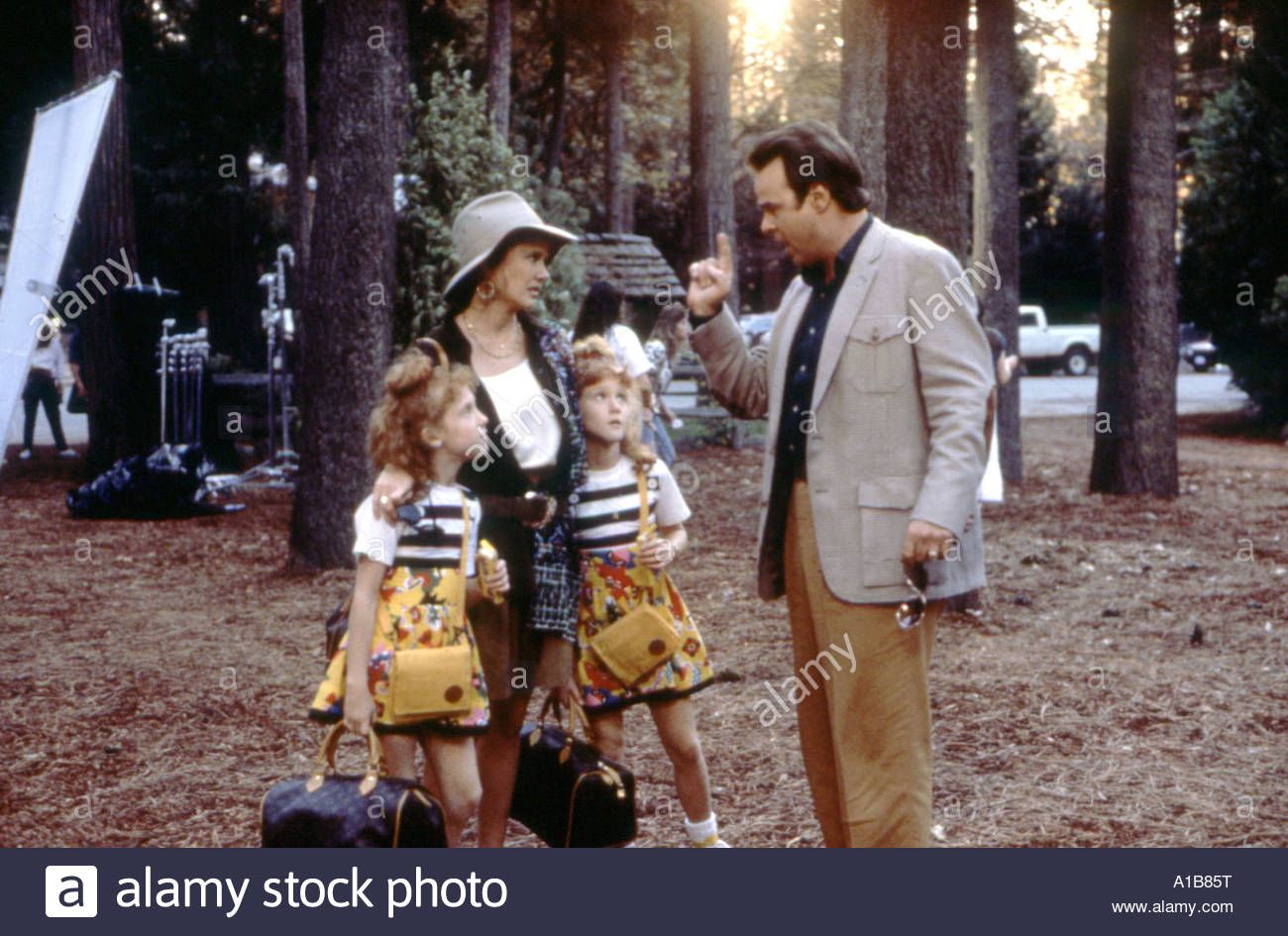Howard Deutch: Exploring The Director Behind Iconic 80s Films Today
For many, the mention of the 1980s brings to mind a particular kind of movie, films that really captured the feeling of being young, full of emotion, and navigating everyday life. These stories, with their memorable characters and heartfelt moments, often shaped how a whole generation saw their world. It's almost as if these pictures hold a special place in collective memory, don't you think?
When we talk about "Howard," some might think of the historic university, founded in 1867, a private, historically black research institution that prepares diverse, talented students to learn and lead. That institution, as described in "My text," is a leader in STEM fields and home to 256 acres across D.C. and Maryland, a place where bison can get down with the happenings of Howard, no matter where you are. Today, however, we're shining a light on a different "Howard," the film director Howard Deutch, whose work has left a distinct mark on cinematic storytelling, particularly in those beloved films of the 1980s.
This piece will take a closer look at Howard Deutch's career, from his early projects to his memorable collaborations and his later work in television. We will explore what makes his approach to directing stand out, and how his films, in some respects, continue to connect with viewers even now, decades later. We will also touch upon his personal connections within the film world, which, you know, is pretty interesting.
Table of Contents
- Biography of Howard Deutch
- Personal Details and Bio Data
- The Early Days: Getting Started in Film
- A Partnership with John Hughes: Shaping 80s Cinema
- Beyond Hughes: Diverse Film Projects
- A Move to Television: Directing for the Small Screen
- Howard Deutch's Directing Approach
- His Lasting Impact on Entertainment
- Frequently Asked Questions About Howard Deutch
Biography of Howard Deutch
Howard Deutch came into the world on September 14, 1950, in New York City. His early life, like many who go into the creative arts, had him exploring different avenues before finding his true calling behind the camera. He started out in music videos, which, in a way, was a perfect training ground for developing a visual style and working with performers. This early work gave him a pretty good feel for storytelling in a concise, impactful way, which, you know, is a skill that translates well to longer forms.
Personal Details and Bio Data
| Full Name | Howard Deutch |
| Born | September 14, 1950 |
| Birthplace | New York City, New York, USA |
| Occupation | Film and Television Director |
| Spouse | Lea Thompson |
| Children | Madeline Deutch, Zoey Deutch |
The Early Days: Getting Started in Film
Before stepping into feature films, Howard Deutch made a name for himself in the music video scene. He directed videos for popular bands, which really helped him hone his craft. This period allowed him to experiment with visual storytelling and develop a keen sense for pacing and mood. It's actually where many directors get their start, learning to communicate ideas quickly and effectively. This experience, you know, gave him a solid foundation for the bigger projects that would come his way.
A Partnership with John Hughes: Shaping 80s Cinema
Howard Deutch's name became closely tied to that of John Hughes, a writer and director who, in a way, defined teen movies for a generation. Deutch directed two of Hughes's most cherished screenplays, bringing a distinct visual sensibility to stories that were already rich with character and emotion. This collaboration was, you know, pretty significant for both their careers, creating films that people still talk about today. It's a classic example of how two creative minds can really make something special together.
Pretty in Pink: A Defining Teen Movie
Released in 1986, "Pretty in Pink" became a touchstone for many young people. The film, starring Molly Ringwald, Andrew McCarthy, and Jon Cryer, explored themes of class differences, first love, and finding your place in the world. Deutch's direction gave the movie a certain warmth and genuine feel, allowing the performances to shine through. He managed to capture the sometimes awkward, sometimes thrilling, feelings of high school romance, which, honestly, is a difficult thing to do just right.
The movie's ending, as a matter of fact, became a big topic of discussion among fans, showing how much people connected with the characters. Deutch, working with Hughes's script, crafted scenes that felt real and relatable, making the audience truly care about what happened to Andie, Duckie, and Blane. This film, you know, still resonates because its feelings about young love and fitting in are pretty universal, even now, decades later.
Some Kind of Wonderful: Another Look at Young Love
Following the success of "Pretty in Pink," Deutch and Hughes teamed up again for "Some Kind of Wonderful," which came out in 1987. This film, in a similar vein, explored a different side of the high school love triangle, focusing on a working-class boy torn between his artistic aspirations, his loyal best friend, and a popular girl. Deutch's direction here, too, emphasized the emotional depth of the characters and their complex relationships.
He really brought out the performances from actors like Eric Stoltz, Mary Stuart Masterson, and Lea Thompson, who would later become his wife. The film, you know, has a certain charm that comes from its honest portrayal of young people trying to figure things out. It shows how friendships can evolve and how, sometimes, the person you are meant to be with is right there all along, which, arguably, is a sweet message.
Beyond Hughes: Diverse Film Projects
While his collaborations with John Hughes are widely known, Howard Deutch's filmography extends well beyond those two movies. He went on to direct a variety of films, showing his range across different genres. He really didn't stick to just one type of story, which is pretty cool. This willingness to explore different kinds of narratives allowed him to work with many different actors and tackle new challenges, giving him, you know, a very broad experience in the film industry.
From Comedy to Drama: A Range of Stories
One notable film he directed was "The Great Outdoors" (1988), a comedy starring Dan Aykroyd and John Candy. This movie, in some respects, showed his ability to handle broad humor while still keeping the characters grounded. He also directed "Article 99" (1992), a medical drama with a strong cast including Ray Liotta and Kiefer Sutherland, which tackled serious issues within the healthcare system. This project, you know, was a bit of a departure from his earlier work, showing his versatility.
Later on, he directed "Grumpier Old Men" (1995), a popular sequel starring Jack Lemmon and Walter Matthau, which brought back beloved characters for more laughs. He also helmed "The Replacements" (2000), a sports comedy with Keanu Reeves and Gene Hackman. These films, you know, demonstrate his knack for working with established stars and delivering entertaining stories across different genres, proving his adaptability as a director, which, honestly, is quite impressive.
A Move to Television: Directing for the Small Screen
As the film industry shifted, Howard Deutch made a successful transition to television, becoming a prolific director of episodic content. He brought his keen eye for character and story to the small screen, working on a wide array of shows. This move allowed him to keep telling stories, often at a faster pace than feature films, which, you know, requires a different kind of skill set. He adapted pretty well to the demands of television production, as a matter of fact.
Notable TV Series Contributions
His television credits are quite extensive, showing his consistent work in the medium. He directed episodes for popular sitcoms like "Caroline in the City" and "Suddenly Susan," bringing his comedic timing to the format. He also worked on dramas such as "Melrose Place" and "Boston Public," showing his ability to handle more serious narratives. This wide range of shows, you know, really highlights his adaptability and understanding of different storytelling styles.
More recently, he has directed episodes for critically acclaimed series like "True Blood," "Getting On," "Empire," "Claws," and "American Horror Story." He has also contributed to lighter fare like "Young Sheldon." This continued work in television, which is still going on today, demonstrates his enduring relevance and his ability to contribute to current popular culture. It's clear he still has a lot to offer, which is pretty cool.
Howard Deutch's Directing Approach
Howard Deutch's work often shows a clear focus on character relationships and emotional authenticity. He tends to create an atmosphere where actors can really explore their roles and bring out genuine feelings. This approach, you know, helps the audience connect more deeply with the story and the people in it. He seems to prioritize the human element, making sure the audience cares about what happens to the characters, which, honestly, makes for a more engaging experience.
He has a way of capturing the nuances of everyday interactions, whether it's the awkwardness of a first date or the tension in a family argument. His films, in some respects, feel lived-in, allowing viewers to see themselves or their own experiences reflected on screen. This attention to detail in human behavior is, arguably, a hallmark of his style, contributing to the lasting appeal of his work, even if it's just a small moment.
His Lasting Impact on Entertainment
Howard Deutch's contribution to cinema, particularly his 80s films, continues to be celebrated by fans of the era. His work with John Hughes helped define a genre and create stories that are still watched and loved today. His ability to move between film and television, and across different genres, shows a director who is both versatile and persistent. His films, you know, have a certain timeless quality because they speak to universal experiences of growing up and finding your place.
Even now, people discuss the characters and situations from his films, showing how deeply they resonated. His legacy is tied to those iconic moments that captured the spirit of a time, yet still feel relevant in their portrayal of human connection. He really helped shape a part of film history, and that, is that, something to remember. You can learn more about his work on a well-known film database, like IMDb, for instance.
Frequently Asked Questions About Howard Deutch
What are Howard Deutch's most well-known films?
Howard Deutch is probably most recognized for directing the 1980s teen films "Pretty in Pink" and "Some Kind of Wonderful." He also directed popular comedies like "The Great Outdoors" and "Grumpier Old Men." These movies, you know, really captured the hearts of many viewers during their release and still do today.
Is Howard Deutch still directing today?
Yes, Howard Deutch continues to direct. While he made a significant impact with his films, he has been quite active in television directing for many years now. He has worked on episodes for a variety of popular series, including dramas and comedies, showing his ongoing involvement in the entertainment world, which is pretty cool. You can learn more about his diverse career on our site, and link to this page here.
How did Howard Deutch meet his wife, Lea Thompson?
Howard Deutch met his wife, actress Lea Thompson, while directing her in the 1987 film "Some Kind of Wonderful." Their professional collaboration on that movie, you know, turned into a personal connection. They later married and have two daughters, both of whom have also gone into acting, which is a rather interesting family connection in the industry.

Howard Deutch – Movies, Bio and Lists on MUBI

Pictures of Howard Deutch

Pictures of Howard Deutch